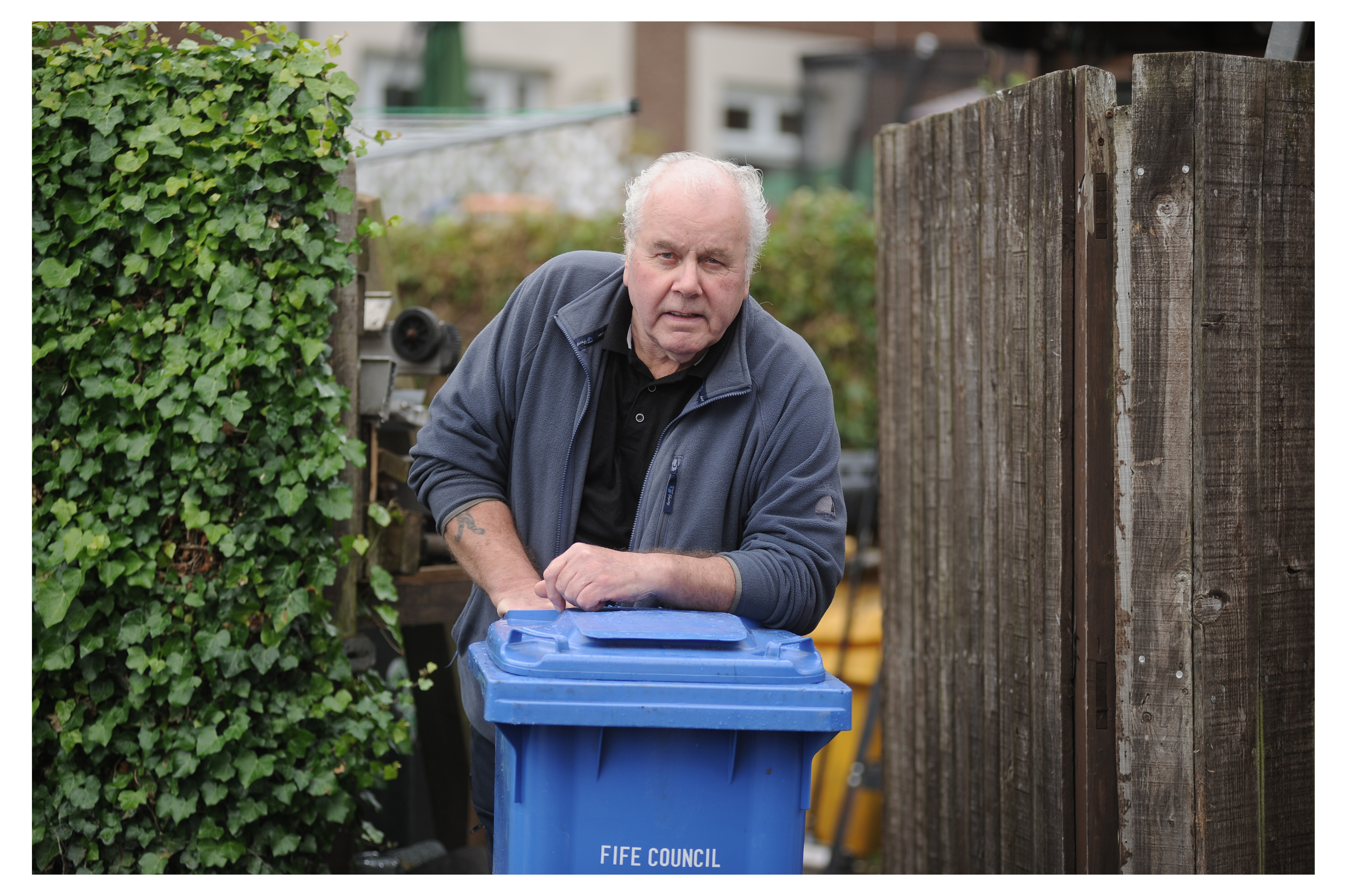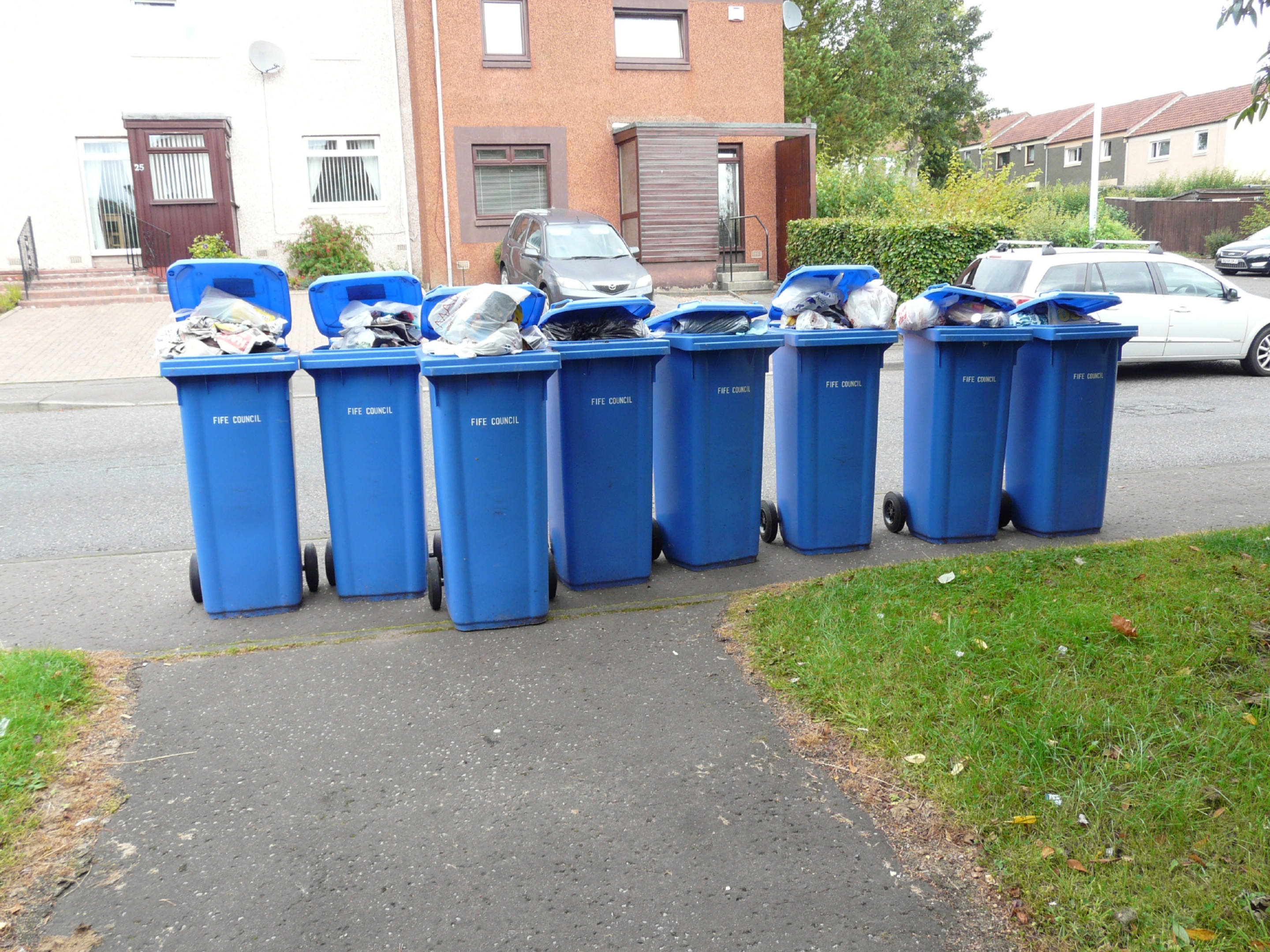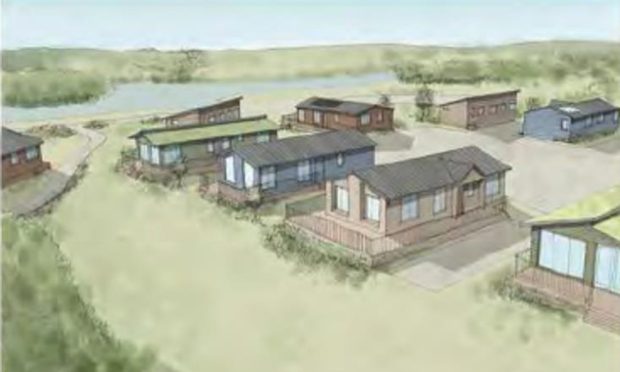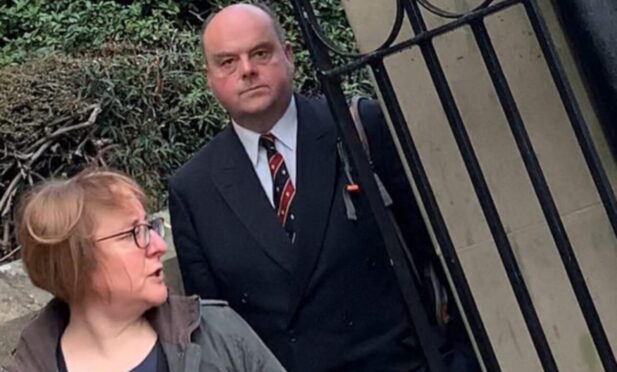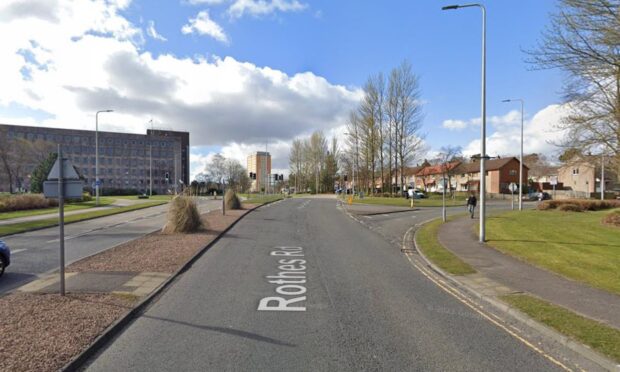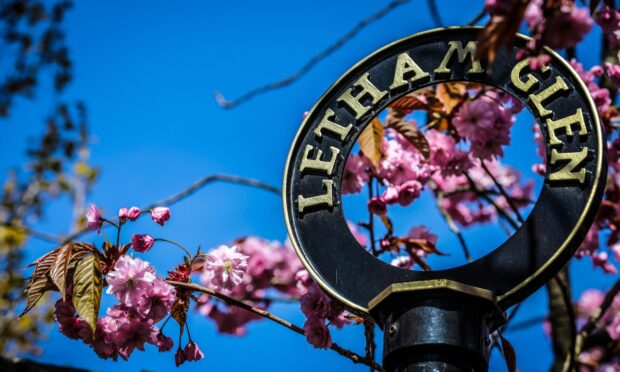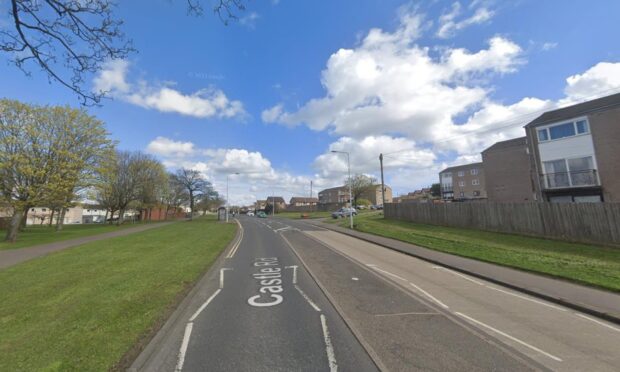New bins need to be issued if a controversial collection trial is to be rolled out across Fife, it has been claimed.
Colin Cookson, a resident of the Stenton area of Glenrothes, said that “skinny” blue bins were not sufficient to deal with waste levels if Fife Council is to adopt four-weekly collections.
Mr Cookson’s home was one of hundreds included in a pilot of four-weekly collections of landfill waste as part of a local authority initiative to improve recycling rates and cut landfill costs.
With the 12-month trial now having concluded, Mr Cookson said that it was obvious to him that bigger bins would be required if the streets were to be kept in a sanitary state.
“I went around all of what I would call ‘Older Stenton’, which is around 420 houses,” said the 70-year-old.
“Last Wednesday I counted 96 bins that had lids open.
“People could get a slightly bigger one if they have young children in nappies, but the slim blue bins are not fit for purpose for a four week collection cycle.”
Around 4,000 homes in Markinch, Coaltown of Balgonie, Thornton and Stenton were included in two separate trials that started last September.
In a UK first, Thornton and Stenton residents had their blue landfill bins collected every four weeks instead of every fortnight, while the green bins for recycling plastics and cans were collected every fortnight instead of every four weeks.
In Markinch and Coaltown of Balgonie, blue and green bins were emptied every three weeks.
The local authority has continued to seek ways of cutting its landfill bill, thought to be in the region of around £10 million a year.
Chris Ewing, chief operating officer of Resource Efficient Solutions, which ran the trial, said: “The bin trials have only just finished and we are now analysing all the information gathered over the last year.
“This includes data about the volume of recycling and landfill collected, contamination rates, number of bins over-full by collection day as well as responses from a survey of households in the trial areas.
“Residents have been very supportive and, thanks to their commitment, contamination levels and the numbers of blue bins with raised lids both seem to have remained low.
“Once the data analysis is complete then a final report on the trials will first go to a policy advisory group for examination, before any recommendations are considered by the council’s executive committee.”
